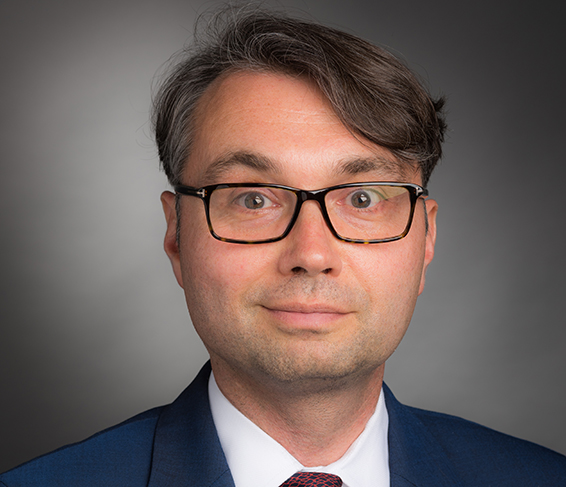
Q&A with William Pirl, MD, MPH
April 3rd, 2020
Dr. Pirl is Vice Chair of Psychosocial Oncology at Dana-Farber Cancer Institute and co-director of Research Methods in Supportive Oncology.
Why did you decide to work in palliative care?
I didn't plan to go into this field. I had done medical school and residency in Boston and wanted to go somewhere else for fellowship. I ended up at Memorial Sloan-Kettering in NYC, not fully realizing that it was a cancer center. One of my mentors said it was a good program and I wanted to try living in NYC. Luckily, it was one of the best decisions in my life and I loved it. After that year, I knew that's what I wanted to do.
What's your favorite part of your job?
I love my job because I can make huge differences in the lives of patients and their families by doing some very basic psychiatric things. I help people understand their emotions when they are going trough a serious illness. I might prescribe medications sometimes, but providing context and education is the most therapeutic thing I do.
What is the most helpful advice that you have received?
I have a friend whose mother gave her the best advice the night before her wedding. She was feeling overwhelmed about getting married and her mother said, "nothing is forever." My friend is still happily married, but her mother's advice helped me in 2 ways: 1) it takes away the monumental significance of decisions and 2) nothing is actually forever, no matter how much we want it to be.
Tell us about your area of expertise. What drew you to this?
Over the last few years, my academic focus has been research education. Psychosocial oncology and palliative care research is so important but we need more skilled researchers. I feel responsible for strengthening this type of research and building the workforce of the future.
Are there any recent publications or projects that you'd like to highlight?
My favorite paper is my study on how patients stop chemotherapy at the end of life. It was published in Journal Oncology Practice a few years ago.
What do you enjoy doing outside of work?
I grew up watching a lot of TV. I think TV is a great democratic educational tool. Even if it is not an educational show per se, it provides social education. I spend quite a bit of time on planes, so I have gotten more into reading. My favorite book of the last 5 years was, 'The Overstory.'
